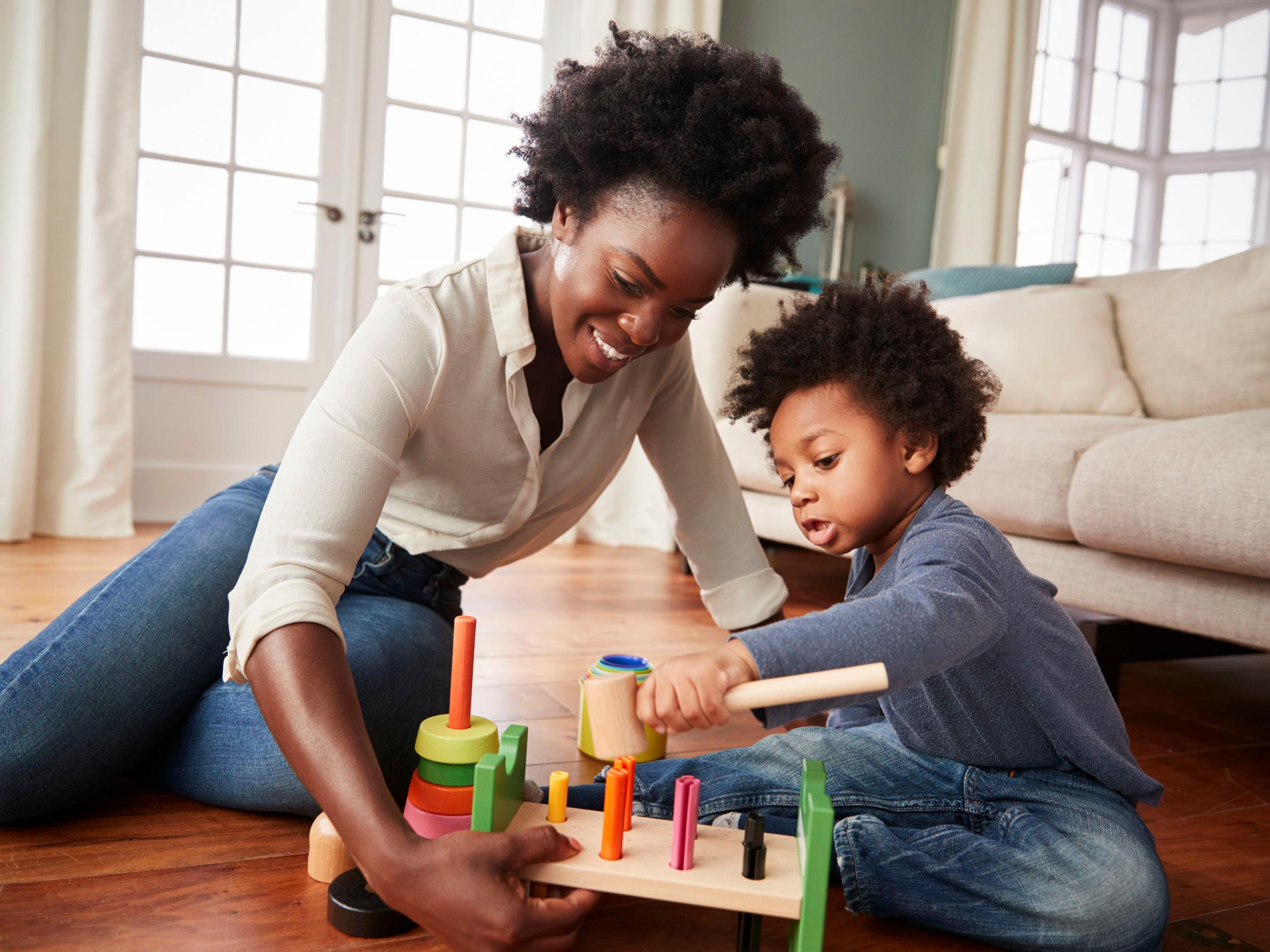Adults want children to play with ‘traditional’ toys such as board games and science kits, study finds
Research finds many parents wish young people would ditch high-tech gadgets

Microscopes, modelling clay and magic kits were among the top toys adults believe children should experience while growing up, according to a study.
A poll of 2,000 parents also found many yearn for their kids to ditch their high-tech gadgets and try traditional toys such as chemistry sets, yo-yos and skipping ropes.
Cameras, science sets and telescopes also made the top 30 list - all toys which those who took part said had a positive effect on their own childhood.
Art sets and easels also featured, with one in four adults agreeing a child’s toy should encourage them to be creative, in the hope it boosts their self-expression and confidence at an early age.
Andrew Roscoe of Very.co.uk which carried out the study, said: “Toys are so important to a child’s development and education; they can lead children to new discoveries, helping unlock their potential and their budding passions by encouraging learning, compassion and creativity.
“This can help set them up for the future and even spark a lifelong interest that can develop into a career path or hobby.
“It’s important for children to play with all sorts of toys – from toy cars and dolls to construction kits and telescopes.”
He added: “Adults acknowledge the fact there were certain toys during childhood which had a really positive impact on their growth and development.
''This shows how toys can encourage inquisitiveness, physical exercise and creativity, as well as social skills development when playing with peers.”
Over two-thirds of the parents polled said their children play with the same toys they did when they themselves were young, showing how timeless classics that help with a child’s development endure more than the tech-centric toys of today.
The study also revealed most adults believe young children should be exposed to shape sorters, dolls, teddy bears and ride-on cars, while those of a slightly older age benefit from bikes, train sets, telescopes and chemistry sets.
One in 10 adults highlighted role-play as an important factor in play time, with dress-up clothes and play houses featuring in the list of the top 30 toys children should own.
According to those polled, the perfect toy should be fun first and foremost (52 per cent), as well as entertaining (49 per cent).
Four in 10 adults felt it was important for toys to be educational, while 44 per cent loved them to inspire creativity.
One in four adults believed a toy or game should be family friendly, and 40 per cent said it should aid growth and development, according to the study by OnePoll.
Child development expert and spokesperson for Very.co.uk, Anita Cleare, said: “Play is essential for children’s development – it’s how they build their brains, learn about the universe and develop creativity, problem solving and social skills.
“Some of the best toys are the ones that encourage children to play together or with their families, as this helps children’s social and emotional development and teaches them key skills like communication, co-operation and negotiation.
“For example, Lego encourages children to use their imagination, board games give them the opportunity to develop complex thinking skills like planning and prediction; and puzzles are great for practising mental rotation.”
She added: “If you want your child to play with their toys for more than one day, be sure to buy ones which spark their imagination.
“Who knows, maybe that science kit or construction toy might be the start of a lifelong passion.”
SWNS
Subscribe to Independent Premium to bookmark this article
Want to bookmark your favourite articles and stories to read or reference later? Start your Independent Premium subscription today.

Join our commenting forum
Join thought-provoking conversations, follow other Independent readers and see their replies